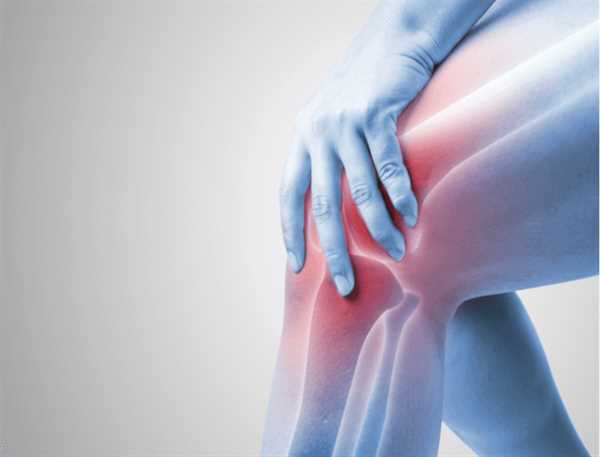Are you suffering from joint pain? Joint pain can be an incredibly debilitating and frustrating symptom, making it hard to perform everyday activities. From sharp or dull aching to stiffness and swelling, joint pain can range from mild to severe depending on the underlying cause.
Joint pain is a common problem that can affect anyone at any age. It can range from mild discomfort to severe and debilitating pain. Joint pain can be caused by a variety of conditions, from arthritis to tendonitis, and can be treated with a variety of methods. To understand how to avoid joint pain, it is important to understand the symptoms, causes, and treatment options available.
If you’ve been dealing with joint pain and want to learn how to avoid it, here’s a guide to understanding the symptoms, causes, and treatment options.
Understanding Joint Pain: Symptoms and Causes
Joint pain can be caused by a variety of issues, such as arthritis, injuries, infections, and even stress. The main symptoms of joint pain include:
-Aching, stiffness, and swelling of the joints
-Pain when moving the joint
-Redness and warmth around the joint
-Limited range of motion
-Grating sensation when the joint is moved
-Locking of the joint
In addition to these symptoms, you may also experience fatigue, fever, and weight loss.
The most common causes of joint pain are arthritis, bursitis, tendonitis, gout, and sprains. It’s important to visit your doctor if you’re experiencing any of these symptoms to get a proper diagnosis and treatment plan.
Preventing Joint Pain: Tips and Treatment

The best way to avoid joint pain is to practice preventive care and stay active. Here are a few tips to help you avoid joint pain:
-Maintain a healthy weight
-Exercise regularly
-Wear comfortable and supportive shoes
-Protect your joints from overuse
-Stretch before and after exercising
-Don’t twist or jerk your joints
-Avoid activities that cause pain
-Take breaks while performing repetitive tasks
If you’re already experiencing joint pain, there are a variety of treatments available. Depending on the underlying cause, your doctor may recommend physical therapy, rest, over-the-counter pain relievers, or medications. In severe cases, surgery may be necessary.
Living with joint pain can be difficult, but with the right treatment and preventive care, you can reduce your symptoms and prevent further damage. If you’re suffering from joint pain, it’s important to visit your doctor to get a proper diagnosis and treatment plan.
Knowing the symptoms, causes, and treatments of joint pain can help you manage your pain and avoid further discomfort. If you’re suffering from joint pain, contact your doctor for advice and treatment.